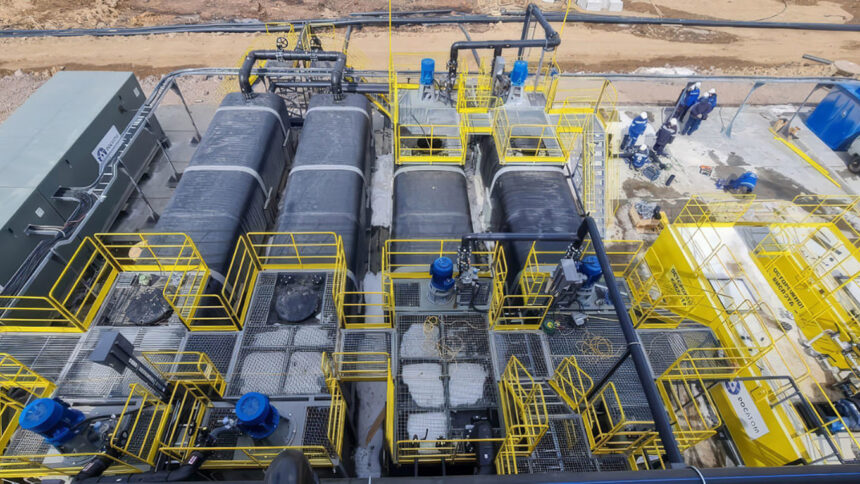On Feb. 24, the pro-Kremlin outlet EA Daily reported that Tenex, a subsidiary of Rosatom, had resumed exporting low-enriched uranium to the United States. Citing data from the procurement tracking service ImportGenius, the report said that on Feb. 12, the vessel Atlantic Navigator II delivered a total of 100 tons of enriched uranium to the port of Baltimore.
In mid-November 2024, the Russian government imposed a temporary ban on exporting enriched uranium to the U.S. until the end of 2025 and revoked current export licenses. This measure was a response to a U.S. law passed six months earlier, which prohibits the purchase of enriched uranium from Russia starting in 2028. Until then, purchases are allowed only for limited quantities and require special approval to prove they serve U.S. interests.
Russia’s restrictions likewise include exceptions, allowing for one-time licenses to resume exports to the U.S. According to the Kremlin, export permits are granted when they align with “Russia’s interests.”
What are Russia’s interests in this situation? More specifically, what are the interests of the Russian government and Rosatom?
First, there is the financial aspect: Rosatom earns approximately $1 billion annually from exporting enriched uranium to the U.S.
Additionally, Rosatom’s reputation is at stake. The Kremlin values the state corporation as an instrument of both economic and political influence abroad. Given that Rosatom is one of the largest players in the global nuclear market, operating in dozens of countries and remains one of the few Russian exporters not heavily sanctioned, maintaining its status as a reliable supplier is crucial for both the Kremlin and Rosatom — at least as long as it remains possible.
This is why Rosatom’s subsidiaries are keen to fulfill American contracts and continue operating in the U.S. market. The United States is one of their most profitable and long-established markets, accounting for nearly half of Russia’s enriched uranium exports. When Russia introduced its export restrictions in November, it was expected that they would have little impact on overall supply plans. Rosatom and Tenex were anticipated to request — and receive — approval to continue exports to the U.S.
On Feb. 6, Centrus, the primary American buyer of Russian enriched uranium — which then resells it to other U.S. consumers — said in its 2024 annual report that “as of today, Tenex has received three special licenses allowing it to export low-enriched uranium to us.” Additionally, Centrus reported that “Tenex has informed Centrus of its plan to request additional export licenses to fulfill its contractual supply obligations.”












